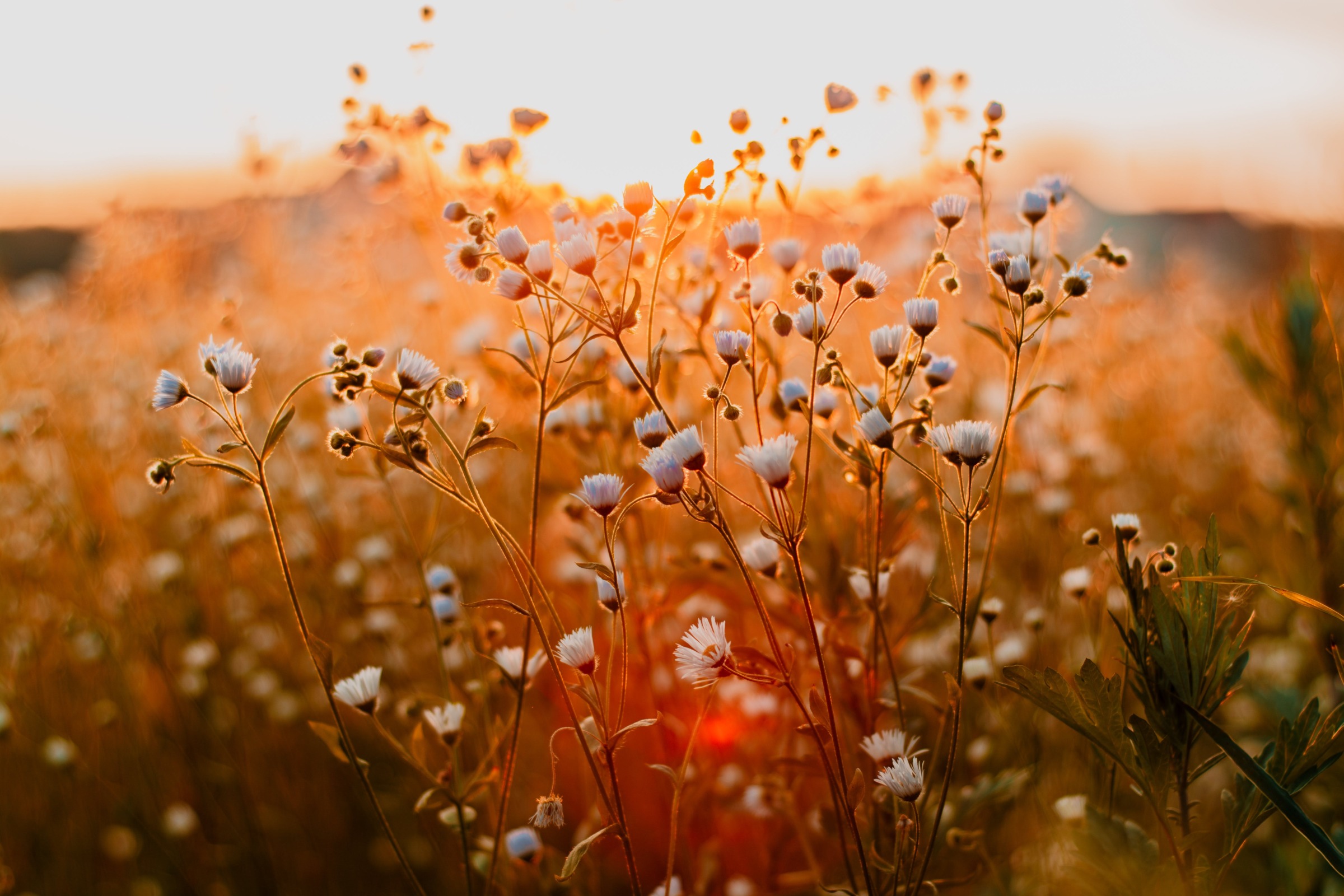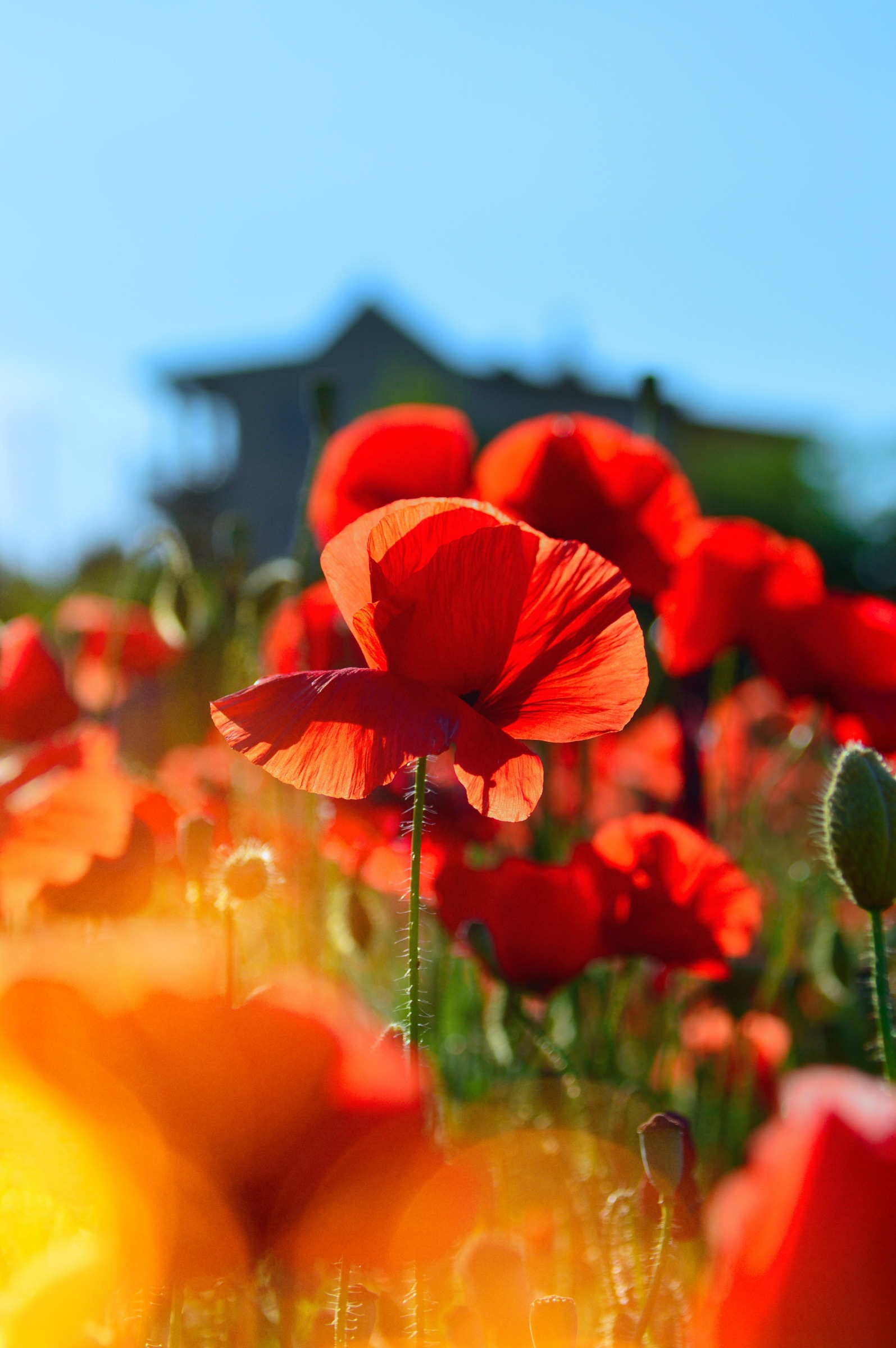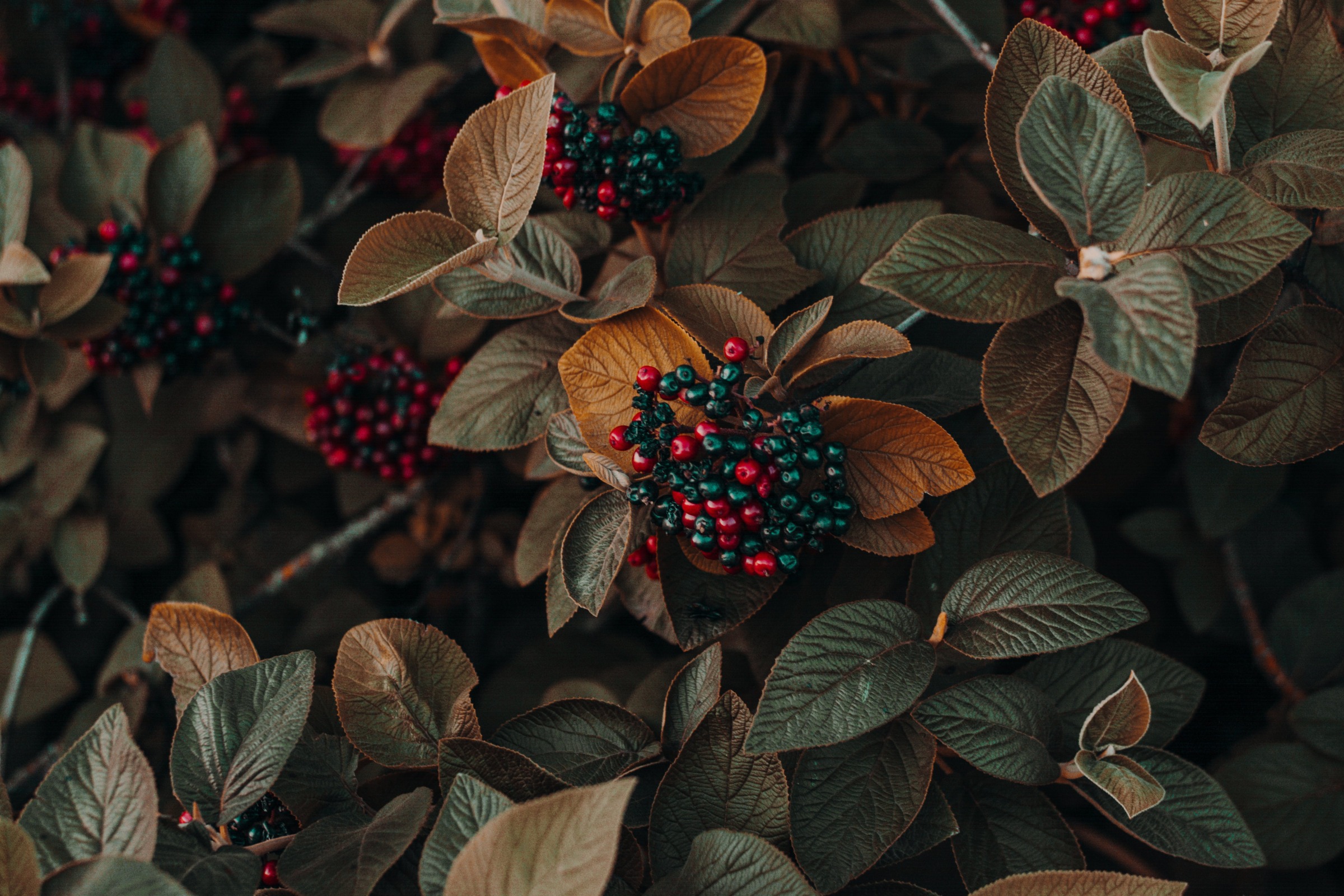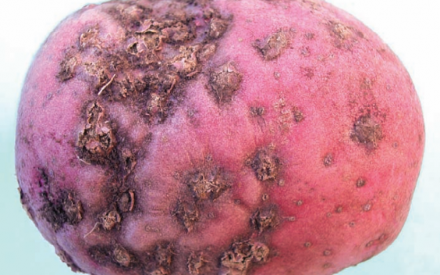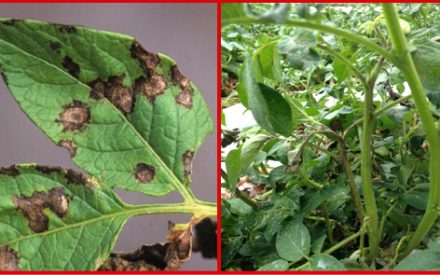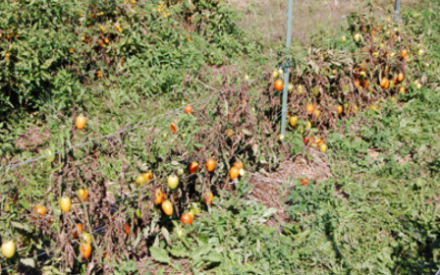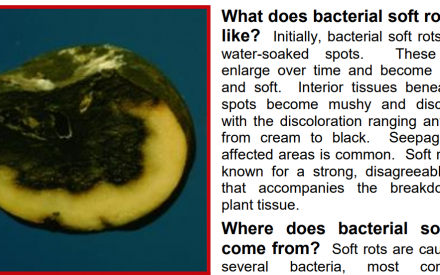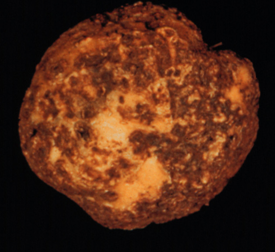
What is potato scab?
Potato scab is a common and disfiguring disease of potato tubers that affects potatoes wherever they are grown. Thin-skinned potato varieties tend to be more severely affected. This disease can also affect other root vegetables such as beets, carrots, parsnip, radish, rutabaga, salsify and turnip.
What does potato scab look like?
Symptoms of scab are typically evident at harvest and vary widely depending upon potato variety and environmental conditions during tuber development. Classic symptoms of scab include scab-like raised or slightly sunken rough, corky patches on tuber or root surfaces. Under extreme conditions, large, deep pits may form.
Where does potato scab come from?
Potato scab is caused by the bacterium Streptomyces scabies. This bacterium is related to certain bacteria that produce antibiotics used to treat human diseases. S. scabies occurs naturally in many soils, from soils with high organic matter content, to coarse and gravelly soils that tend to dry quickly. S. scabies can also be introduced into garden soils when infected tubers are used as seed stock.
What do I do with potato tubers that have potato scab?
Scabby potato tubers, while unsightly, are still edible. Infected potatoes need only be peeled before use. Store tubers with scab in a cool, dark, dry place to reduce the possibility of scabby areas becoming infected by soft rot bacteria that will totally decay tubers (see UW Plant Disease Facts D0010, Bacterial Soft Rot).
How do I avoid problems with potato scab in the future?
Use certified, scab-free seed potatoes in your garden. DO NOT use infected tubers to produce seed pieces. Select potatoes varieties such as Norland, Russet Burbank and Superior that have at least moderate resistance to scab. Try not to plant potatoes in the same spot in your garden more frequently than once every three years. Rotate potatoes with crops such as corn, peas, and beans that are not susceptible to scab. Scab tends not to develop when the soil pH is less than 5.2. Therefore, acidify garden soils (i.e., make sure the soil pH is less than 7) where possible. For home gardens, keeping the soil pH at approximately 6.5 is a good compromise when growing not only potatoes, but other vegetable crops. Avoid using fertilizers (e.g., lime, calcium and potassium nitrate, or fresh manure) that may increase soil pH. Finally, make sure to adequately water your potatoes, particularly as tubers are forming.
For more information on potato scab:
Contact the University of Wisconsin Plant Disease Diagnostics Clinic (PDDC) at (608) 262-2863 or pddc@wisc.edu.
Authors: Brian Hudelson, UW-Madison Plant Pathology
Last Revised: 03/01/2024
D-number: D0083
References to pesticide products in this publication are for your convenience and are not an endorsement or criticism of one product over similar products. You are responsible for using pesticides according to the manufacturer’s current label directions. Follow directions exactly to protect the environment and people from pesticide exposure. Failure to do so violates the law.
Thanks to Karen Delahaut, Lis Friemoth, and Ann Joy for reviewing this document.
A complete inventory of UW Plant Disease Facts is available at the University of Wisconsin-Madison Plant Disease Diagnostics Clinic website: https://pddc.wisc.edu.
Send a Plant Sample for Analysis
Be cautious when self-diagnosing plant health issues. Very few diseases can accurately be diagnosed by eye.
Contact the UW Plant Disease Diagnostics Clinic (PDDC), and for a small fee, clinic staff can examine a plant, determine the cause of the disease/disorder, and provide advice on how to control or prevent the issue.


